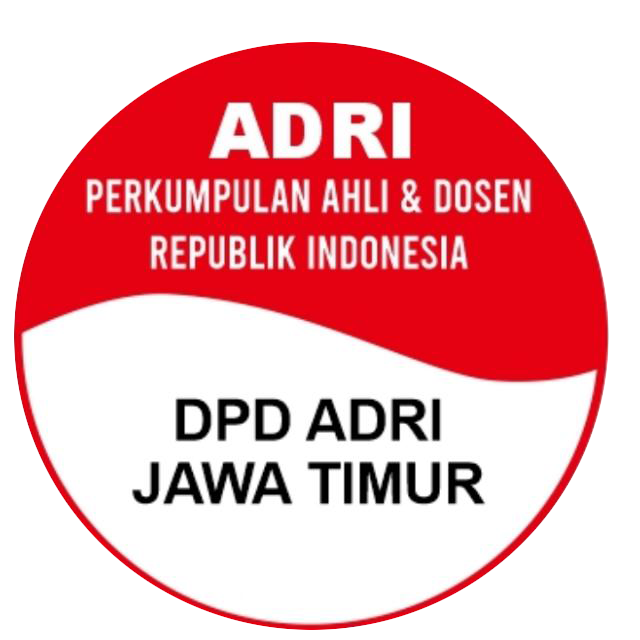Criminal Appropriation From Money Laundering And Corruption Crime
Keywords:
Criminal Appropriation, Money Laundering, Corruption CrimeAbstract
The rampant criminal acts of corruption in the country have not only affected the country's finances but have violated the social and economic rights of the people, corruption is no longer a national problem, so it has become a transnational phenomenon to eradicate it. The difficulty in eradicating criminal acts of corruption, including money laundering (money laundering), is because our legal norms are still very dependent on the Criminal Procedure Act (KUHAP), the principle of which is the acusatoir principle, including the principle that can be guessed or accused as a topic related to an examination trial case. The freedom of giving and obtaining legal freedom that governs shows the principle of acusatoir, which means the difference between preliminary hearings and court hearings on the principle has been eliminated. After the entry into force of the Criminal Procedure Code, the rights of the suspect are questioned. This is because whoever indicted, namely the prosecutor, is he who is obliged to prove the indictment. Authority of the Prosecutor's Office in the field of prosecution and education for special crimes, based on Article 30 paragraph (2) of Law Number 16 Year 2004 concerning the Republic of Indonesia Prosecutor's Office, namely: courts for and on behalf of the state or government."Downloads
Published
Issue
Section
License
Copyright (c) 2020 Yurisdiksi: Jurnal Wacana Hukum dan Sains

This work is licensed under a Creative Commons Attribution-ShareAlike 4.0 International License.













